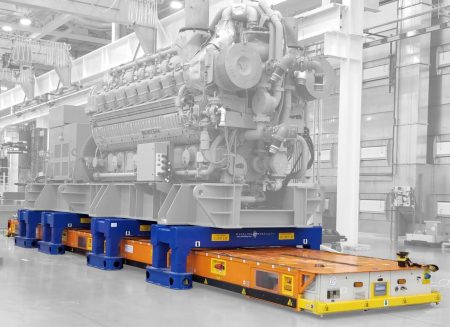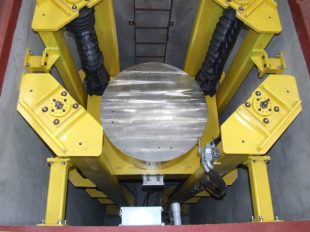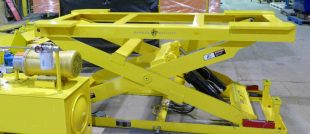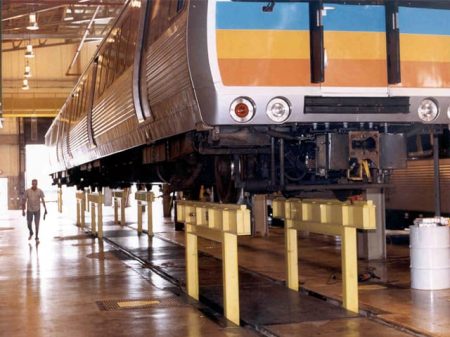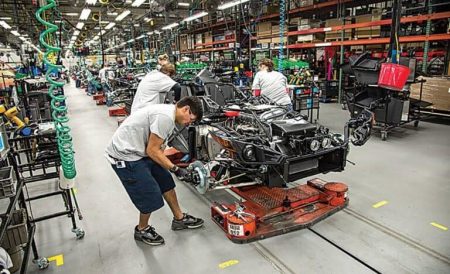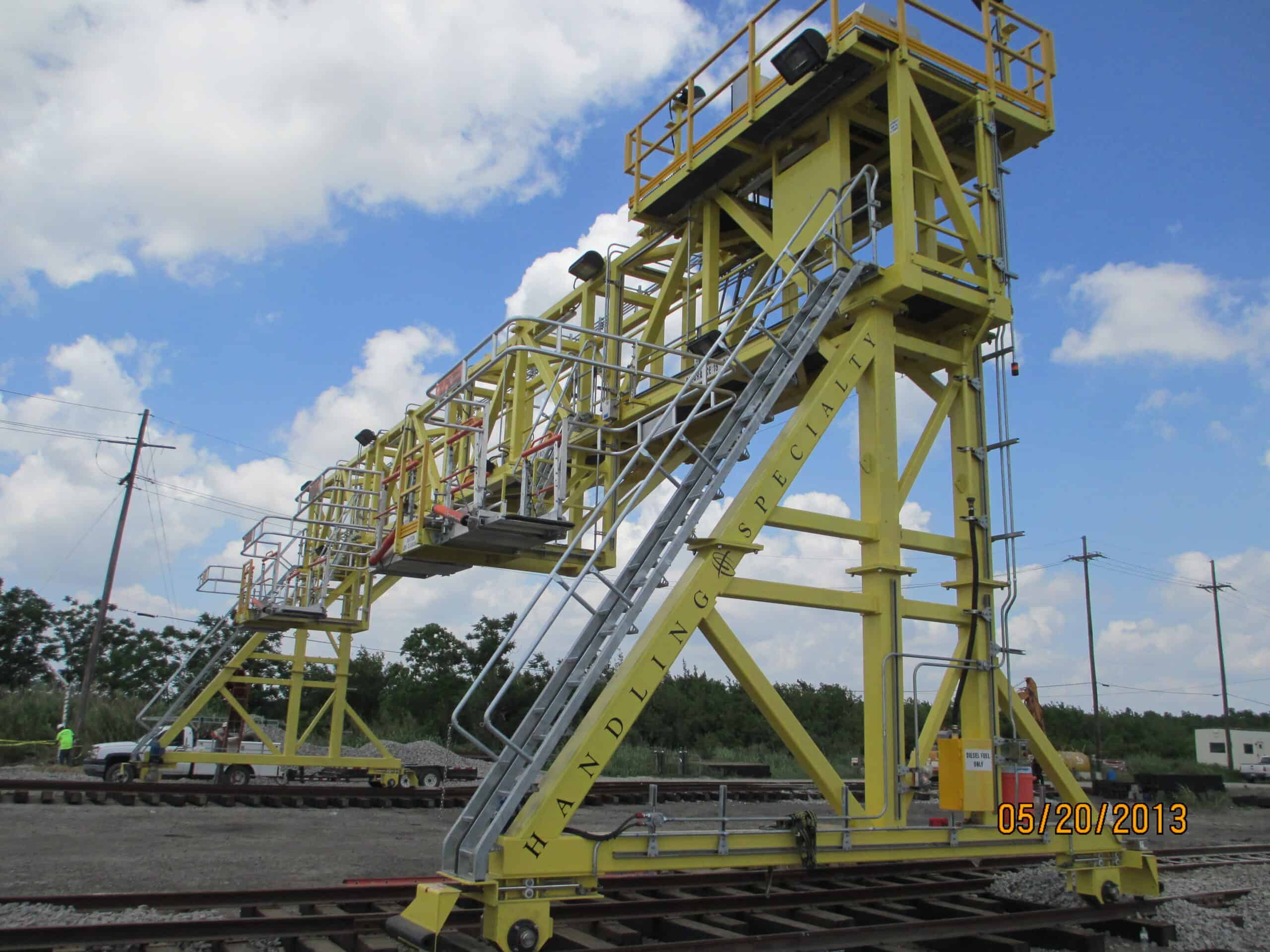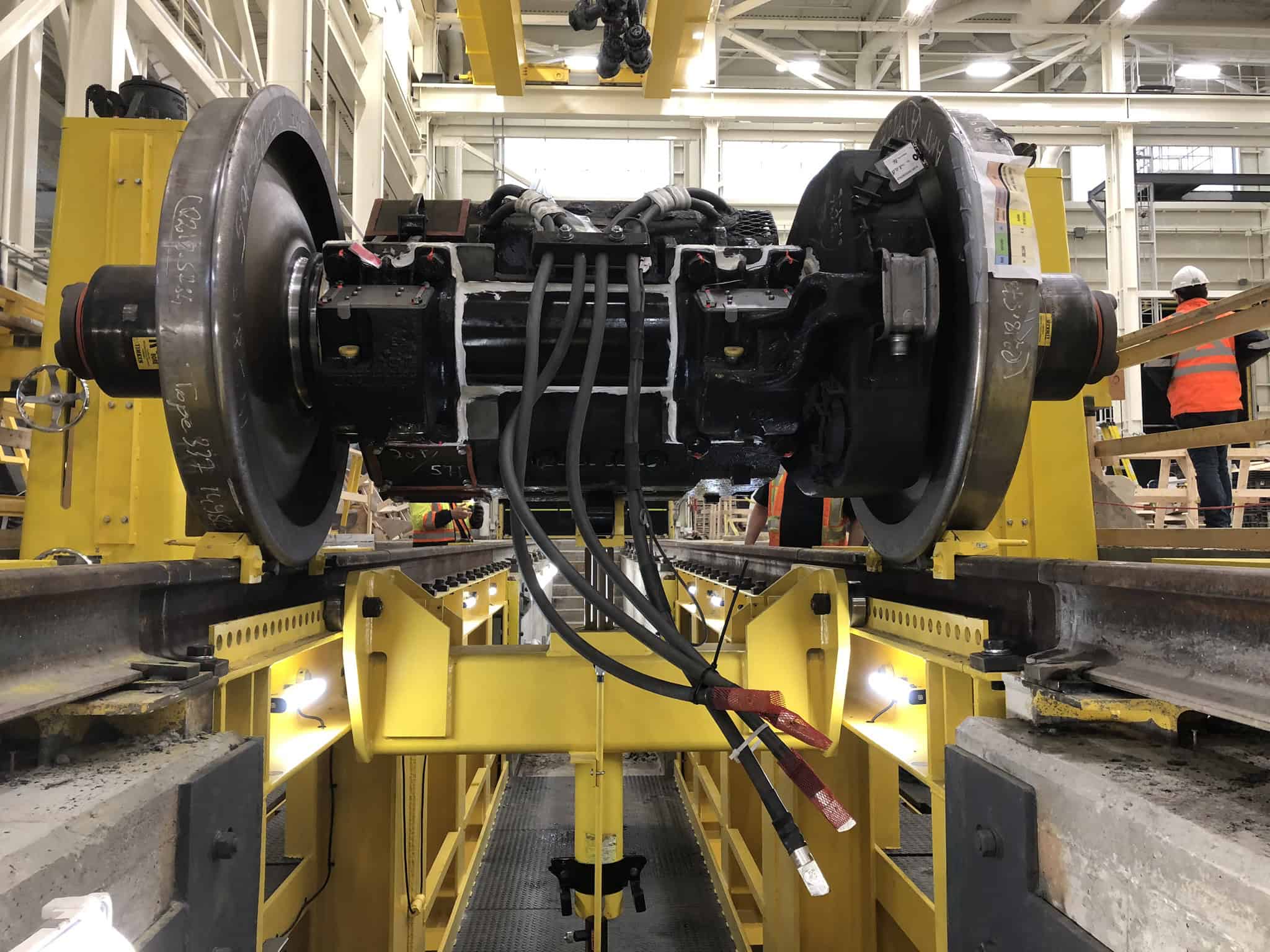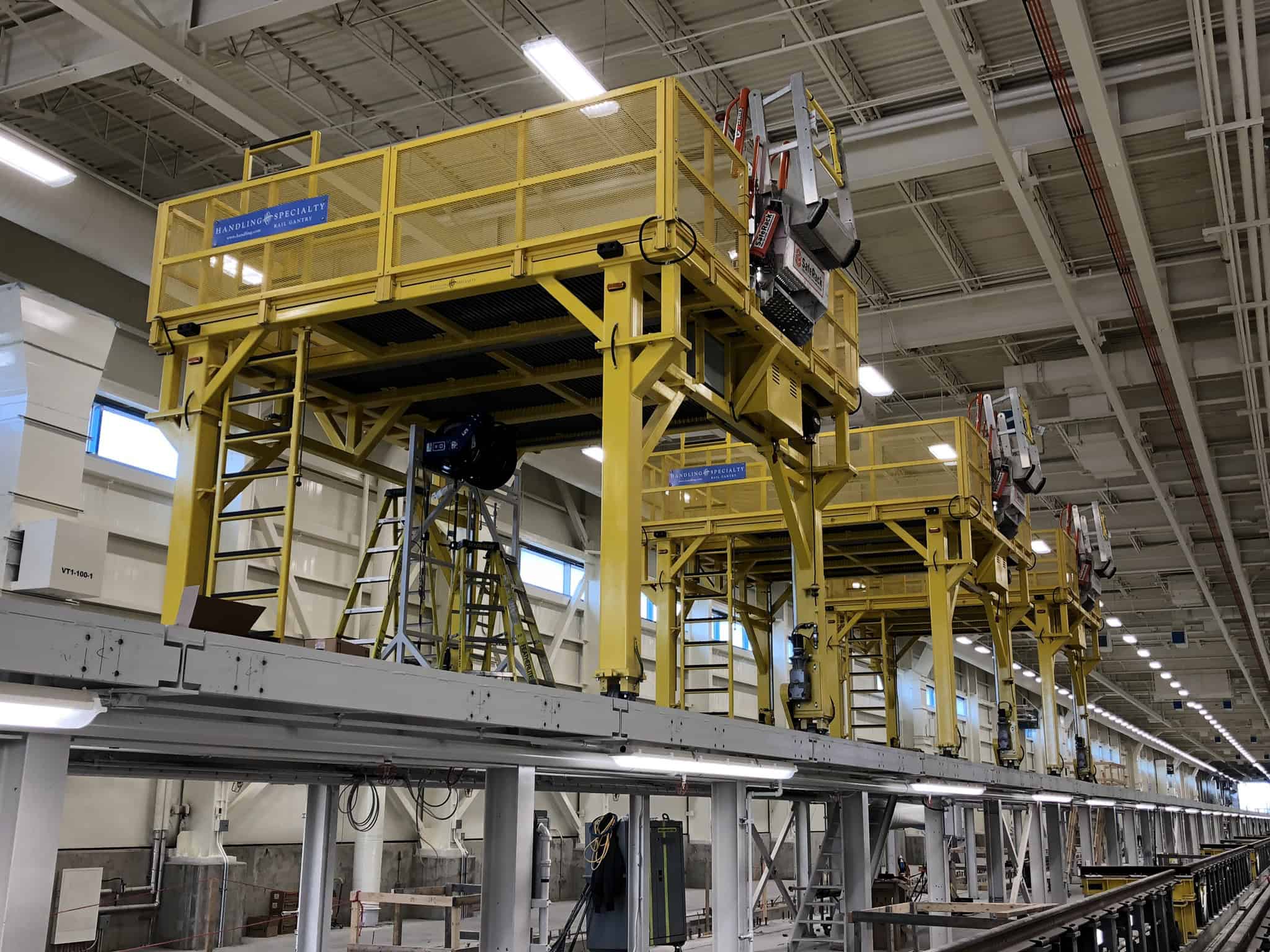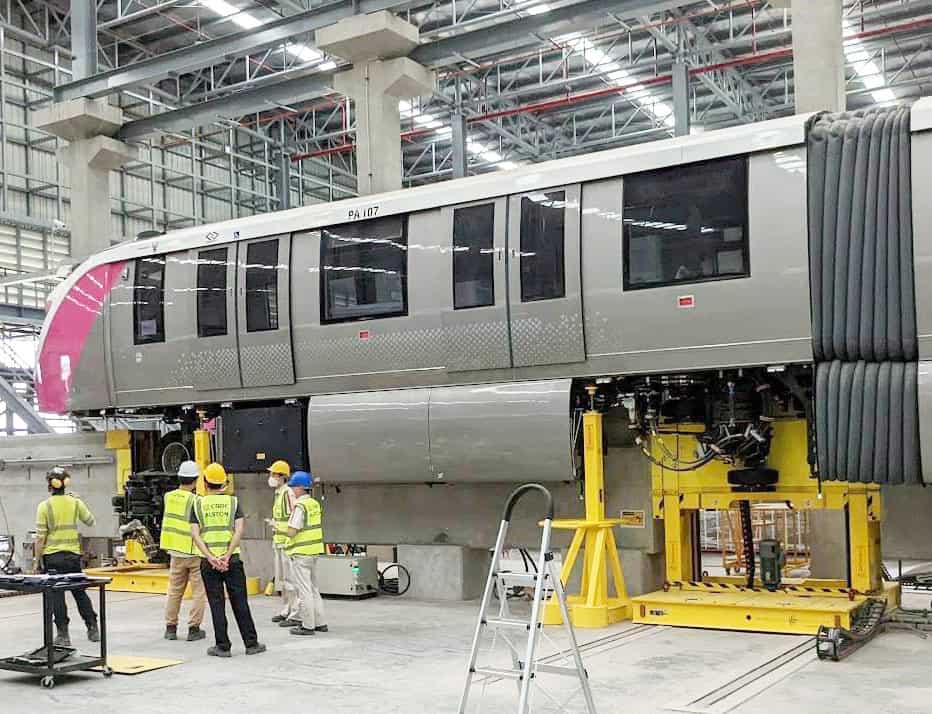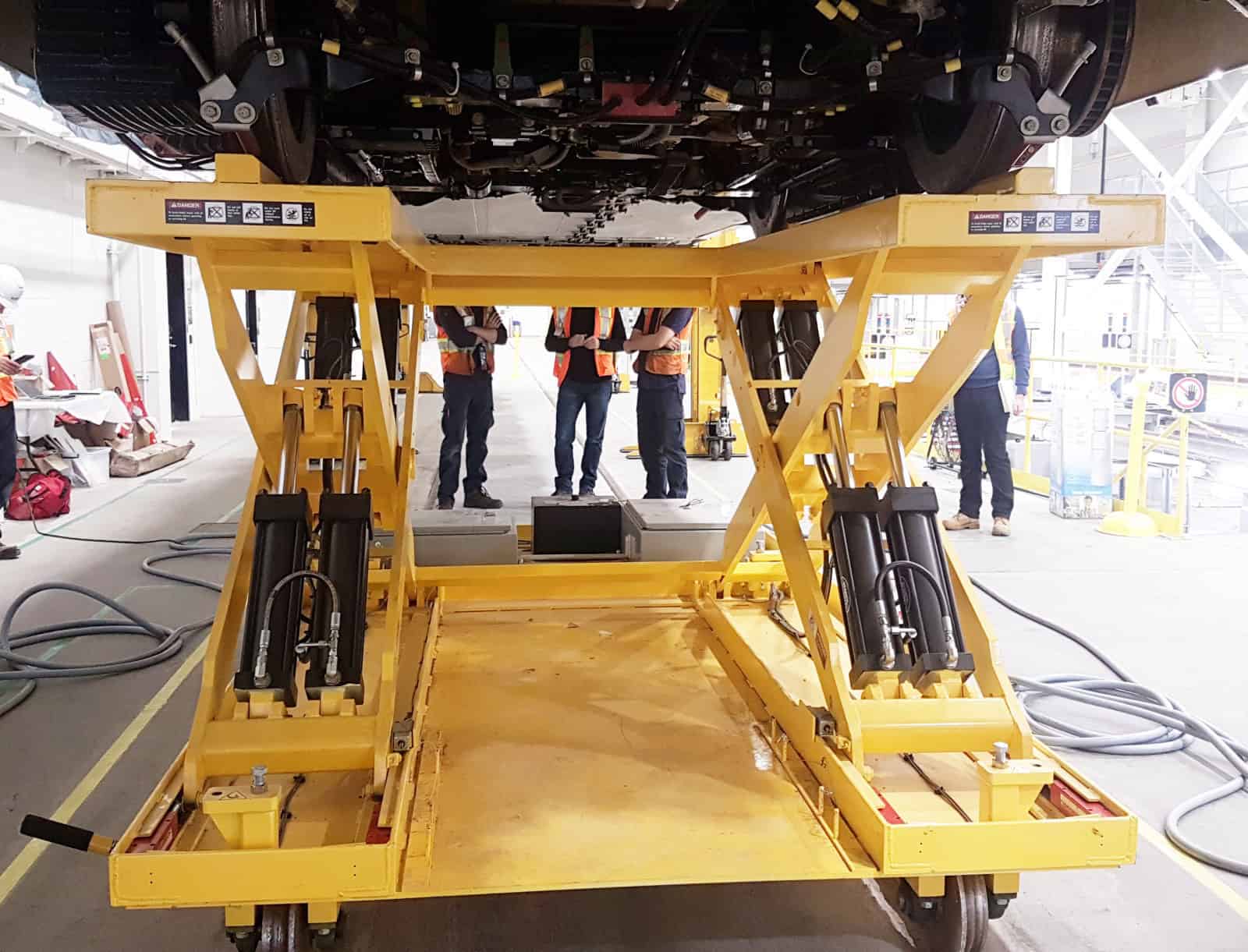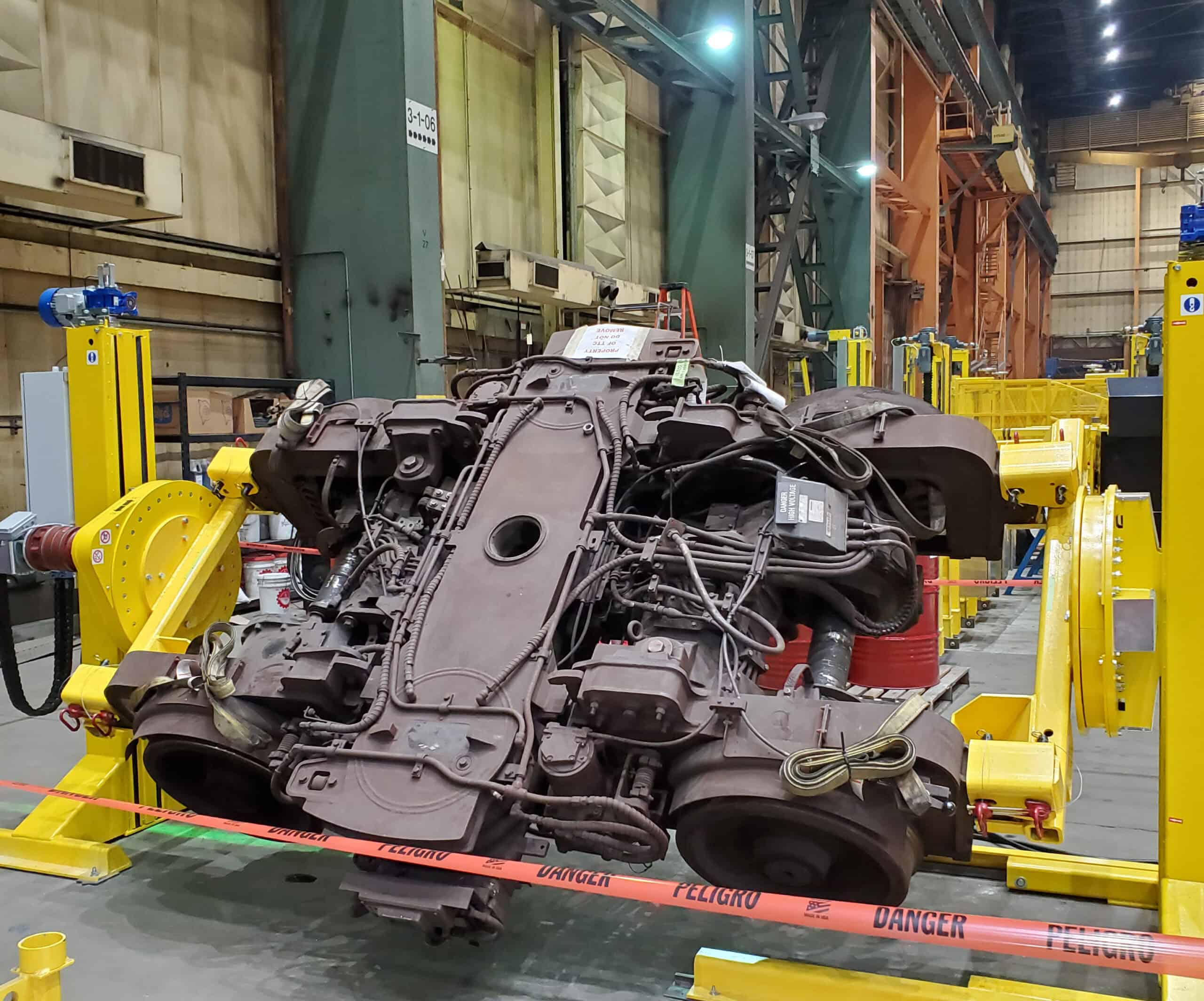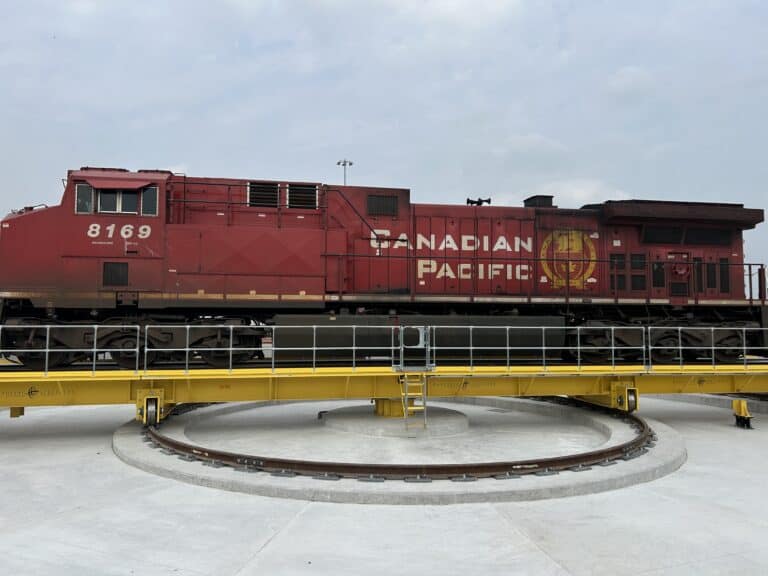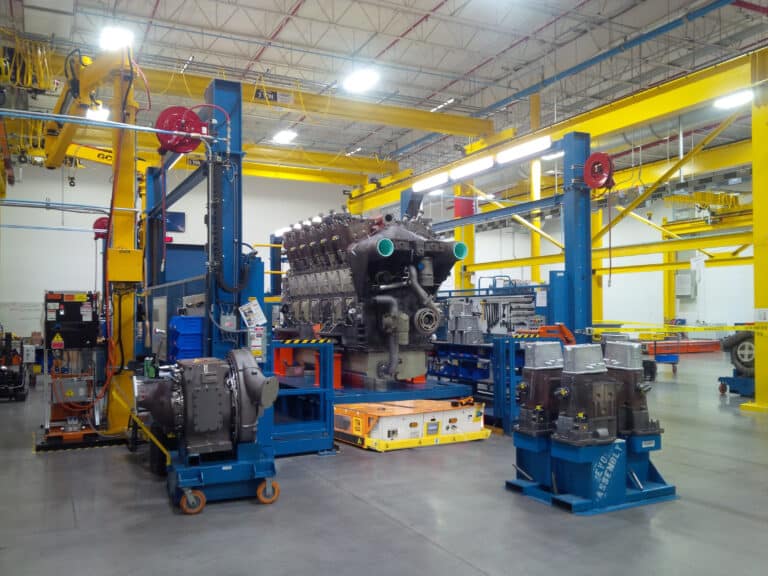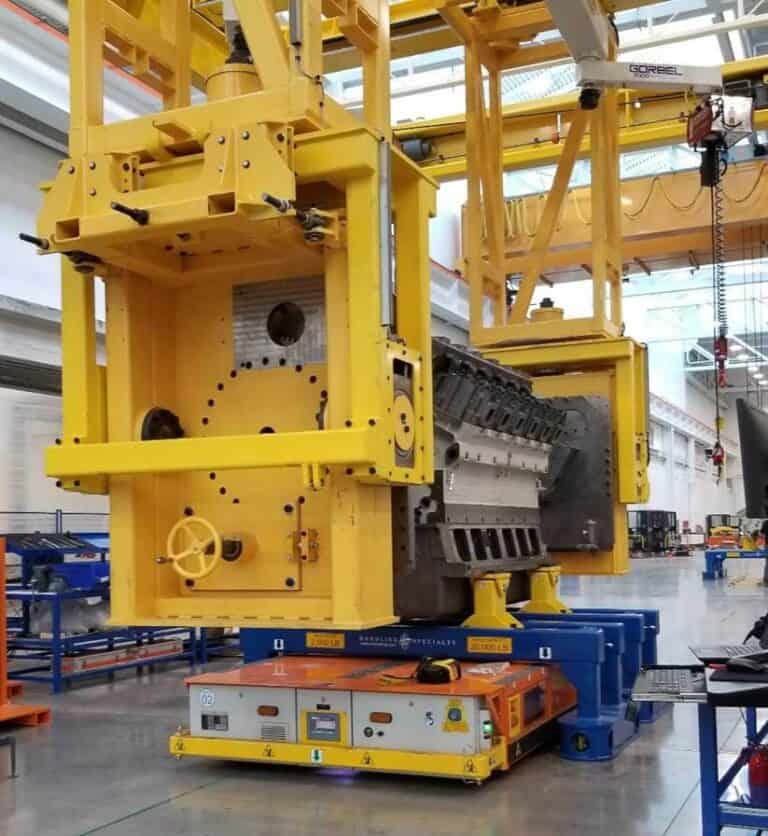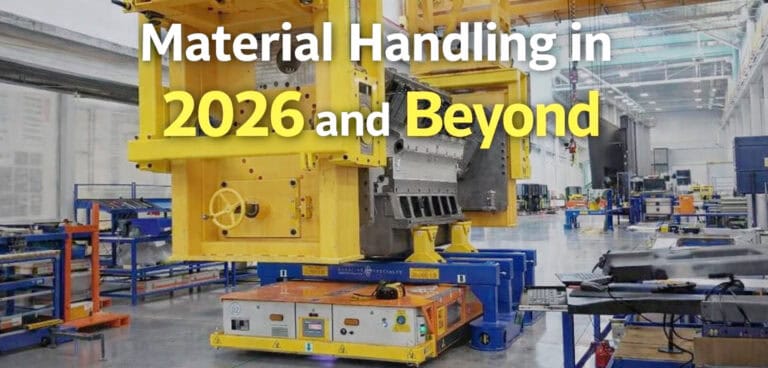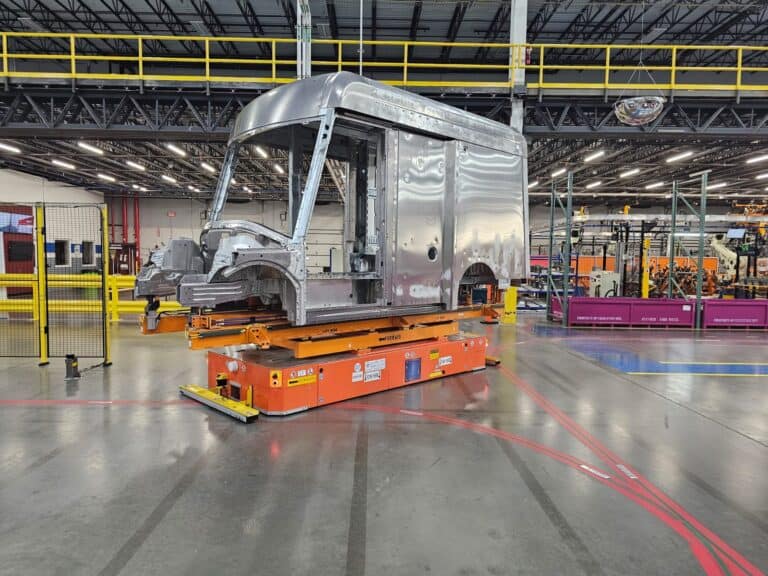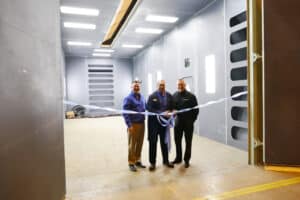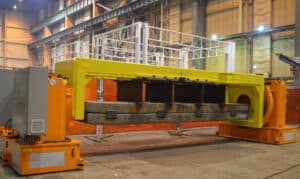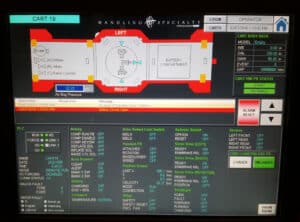Introduction
Railcars play a vital role in supporting the nationwide infrastructure by transporting people, essential products, and materials across countries both nationally and internationally. Regular maintenance and repairs are necessary to ensure these railcars’ continued performance, safety, and efficiency. Reliable railcar maintenance solutions are crucial for maintaining railcar functionality and longevity, ensuring they reach their destinations promptly and without issue.
Understanding the specific needs and regulatory requirements involved in railcar maintenance is crucial. Railcar repair and maintenance go beyond routine upkeep and encompass a wide range of activities, including compliance testing, valve repair, replacement parts, and tank car service equipment. By adhering to these maintenance needs, operators can optimize fleet utilization and minimize downtime.
Innovative solutions, such as advanced material handling equipment, transform the railcar maintenance industry. These technologies enable more efficient and accurate diagnosis of issues, leading to faster repairs and reduced downtime. Furthermore, compliance with industry safety standards is crucial for ensuring the safety of railcar operations and preventing accidents.
Understanding Railcar Maintenance
Railcar maintenance encompasses a range of activities that focus on ensuring railcars’ ongoing performance, safety, and efficiency. It includes regular inspections, routine maintenance, and repair services. Railcar repair and maintenance address the specific needs of the railcar. Additionally, regulatory requirements play a significant role in railcar maintenance, as operators must comply with industry safety standards and undergo compliance testing to ensure the safe operation of their railcars.
The Importance of Regular Railcar Maintenance
First and foremost, maintenance ensures optimal fleet utilization. By conducting routine maintenance and addressing any issues promptly, operators can minimize downtime and maximize the availability of their railcars. This leads to improved efficiency and revenue generation.
Routine maintenance also helps prevent breakdowns and extends the lifespan of railcars. By regularly inspecting and servicing key components, such as wheelsets, bogies, wheel trucks, HVAC equipment, valves, fittings, and tank car equipment, operators can identify and address potential issues before they escalate into major problems. This proactive approach not only prevents costly repairs but also ensures the safe operation of railcars.
Key Components of Railcar Maintenance
Railcar maintenance entails vital components for railcars’ smooth operation and longevity. One crucial component is valve repair. Valves control the flow of liquids or gases in railcars, and regular maintenance and repairs are necessary to ensure their proper functioning.
Replacement parts are also integral to railcar maintenance. Over time, components may wear out or become damaged, and replacing them increases railcar safety. Whether replacing worn-out gaskets or upgrading outdated equipment, having access to quality replacement parts is crucial.
Tank car service equipment is another crucial aspect of railcar maintenance. This includes various components such as couplers, draft systems, and safety appliances. Regular inspections and maintenance of these components are essential for ensuring tank cars’ safe and efficient operation.
Effective railcar maintenance requires expertise and access to material handling equipment and resources. Partnering with a reliable railcar maintenance provider like Handling Specialty can ensure that all these key components are properly addressed and that railcars remain in optimal condition.
Innovative Railcar Material Handling Maintenance Solutions
Innovative solutions are revolutionizing the railcar maintenance industry, making it more efficient and effective. These material handling solutions leverage advanced technologies to streamline maintenance processes and improve overall performance. Key innovative railcar maintenance solutions include:
- Monorail Bogie Work stations
- Bogie/Truck Maintenance Stations
- Rail Maintenance Rotisseries
- Rail Gantries
- Nosecone Access Lift
- Drop Tables & Traction Motor Dolly
- Transfer Tables
- Electric Jacks
- Turn Tables
- Car Hoist Systems
- Car Body Supports
- Car Body Hoists
- Truck Bogie Hoists
- Split Rail Systems
By embracing these innovative solutions, railcar operators can optimize maintenance operations, reduce downtime, and improve their railcar fleet’s overall performance and safety.
Railcar Maintenance Safety Standards
Safety is of paramount importance in railcar maintenance. Railcar MRO equipment must adhere to strict safety standards and ensure regulatory compliance to prevent accidents and protect personnel, the environment, and the public. Key aspects of railcar maintenance safety standards include:
- Compliance with industry safety standards, such as those set by the Association of American Railroads (AAR).
- Regulatory compliance with all regulations governing railcar maintenance.
- Implementation of safety protocols, procedures, and training to prevent accidents and injuries.
- Regular inspections and testing to ensure the safe operation of railcars and compliance with safety standards.
- Certification and qualifications of personnel, equipment, and facilities to meet industry safety standards.
By prioritizing safety and adhering to strict safety standards, railcar MRO equipment can create a safe working environment, mitigate risks, and prevent accidents in railcar maintenance operations.
Challenges in Railcar Maintenance
Overcoming Railcar maintenance challenges ensures the smooth and efficient operation of railcars. Experienced design/build firms like Handling Specialty Manufacturing Ltd. offer over 60 years of case studies in building custom solutions for Railcar maintenance. Key challenges in railcar maintenance include:
- Managing downtime during maintenance and repair operations to minimize disruptions to railcar operations.
- Balancing maintenance activities with ongoing railcar operations to maximize fleet utilization.
- Adapting to evolving regulatory requirements and safety standards.
- Ensuring a skilled workforce with the necessary expertise and qualifications to perform maintenance tasks.
- Receiving OEM Training on all MRO equipment.
By effectively addressing these challenges, railcar operators can optimize maintenance operations, reduce downtime, and ensure the ongoing performance and safety of their railcars.
Solutions for Complex Railcar Maintenance Issues
Complex railcar maintenance issues require a custom approach. Handling Specialty addresses each Railcar maintenance solution through the eyes of our technical salespeople, who will report any custom requirements to our engineering department, which will design the perfect solution for your custom material handling equipment needs.
These talented engineers are equipped with advanced technologies to custom design a wide range of maintenance and repair equipment. Our expert engineers have the knowledge and experience to address complex issues and provide effective solutions.
Case Studies: Effective Railcar Maintenance
Railcar maintenance solutions can be demonstrated through successful case studies and the lessons learned from them. These success stories highlight the importance of custom Railcar maintenance equipment. By partnering with HSML, companies have optimized their fleet utilization, reduced downtime, and ensured regulatory compliance.
Lessons learned from these case studies include the significance of routine maintenance, the value of proactive repairs, and the benefits of working with a trusted railcar MRO equipment provider. These insights can help other companies in the industry improve their maintenance practices and achieve similar results.
Success Stories in Railcar Maintenance
- Gulf Gateway Rail Gantries
- Monorail Maintenance Solutions
- Railcar Gantries for Roof Access Maintenance
Predictive Maintenance and IoT in Railcar MRO Equipment
Predictive maintenance and the Industrial Internet of Things (IIoT) are revolutionizing railcar maintenance equipment, enhancing the optimal performance of railcar MRO solutions.
Predictive maintenance analyzes data from various sources, including sensors and historical performance data, to identify potential issues before they cause disruptions in your MRO equipment. By leveraging predictive maintenance, companies can schedule repairs and maintenance activities in a planned manner, reducing unplanned downtime and maximizing efficiency.
IIoT allows for real-time monitoring of performance and condition. Sensors placed on MRO Equipment collect temperature, vibration, and wear data, providing insights into component replacement needs. This data is then analyzed to identify patterns and enable data-driven decision-making.
Reliable railcar maintenance equipment solutions ensure railcars’ operational efficiency, safety, and longevity. By addressing challenges promptly and embracing innovative solutions such as advanced diagnostic tools, railcar MRO equipment facilities can optimize their maintenance processes. Compliance with industry safety standards, including predictive maintenance and IIoT integration, is crucial for staying ahead in the railcar maintenance industry. Embracing custom Railcar maintenance solutions enhances safety, cost-effectiveness, and operational reliability. Stay informed and proactive, and invest in the correct maintenance equipment to ensure the seamless operation of railcars.

